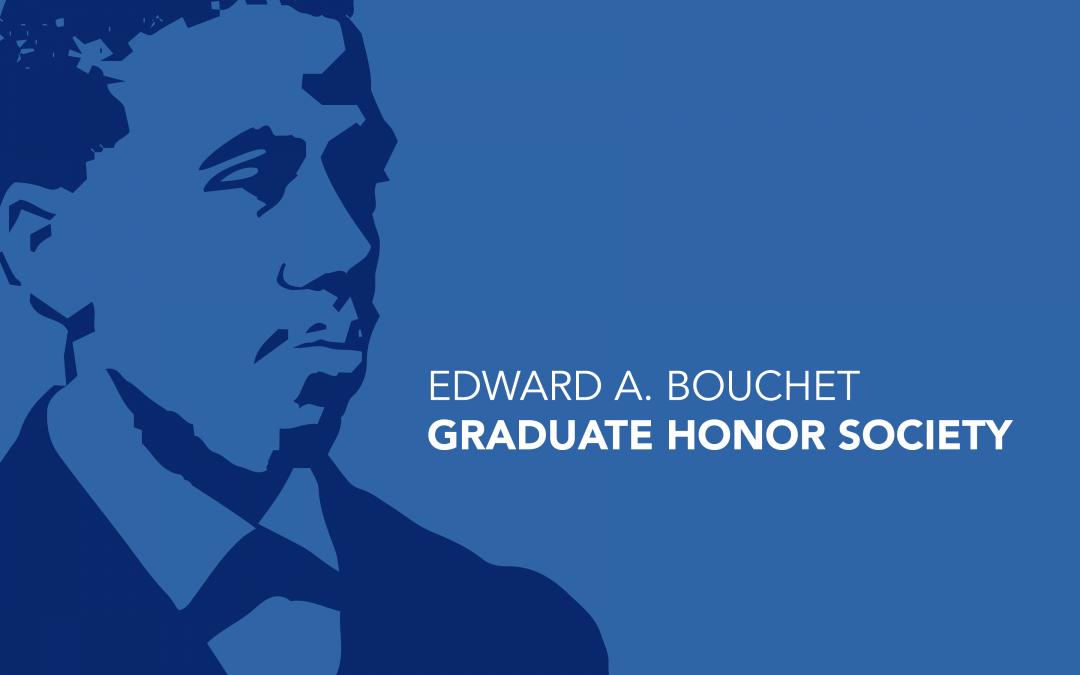Five Rackham students will be inducted into the Edward Alexander Bouchet Graduate Honor Society. Named for the first African American doctoral recipient in the United States, the Bouchet Society recognizes outstanding scholarly achievement and promotes diversity and excellence in doctoral education and the professoriate.
The Bouchet Society is a network of preeminent scholars who exemplify academic and personal excellence, foster environments of support, and serve as examples of scholarship, leadership, character, service, and advocacy for students who have been traditionally underrepresented in the academy.
In the spirit of Bouchet’s commitment to these ideals, the 2021 Bouchet inductees representing the Rackham Graduate School’s society chapter have all demonstrated significant achievement in these five areas.
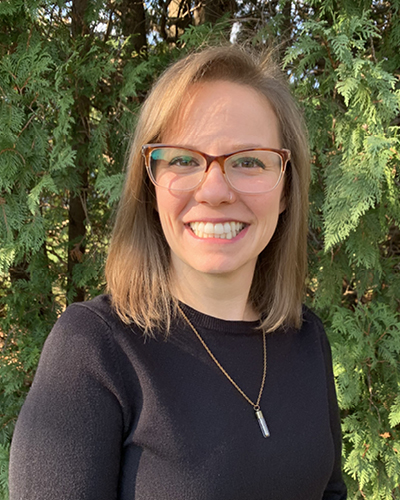
Brooke E. Mason
Brooke E. Mason is a candidate for the Ph.D. in civil engineering with a concentration in intelligent systems at the University of Michigan. In addition, she is pursuing an M.S. in electrical and computer engineering with a concentration in machine learning. She is motivated by algal blooms and polluted runoff, which are threatening our waterways. To that end, her unique approach leverages recent technological advances such as sensors and real-time data algorithms. Presently, stormwater is routed passively through various stormwater pipes, channels, and ponds resulting in minimal water treatment. Akin to a self-driving car, the watersheds of the future will adapt themselves in real-time to maximize water treatment. Specifically, Brooke is focused on modeling complex stormwater pollutant treatment and generation processes, determining how to optimize stormwater flows through a watershed to maximize pollutant treatment, and investigating a systems framework to control water quality in real time at the watershed scale. Brooke is a founding member of Open-Storm.org, an open-source consortium dedicated to freely sharing hardware, software, and case studies on smart water systems. She is a recipient of the Dow Sustainability Fellowship, Rackham Merit Fellowship, and an NSF Graduate Research Fellowship Program Honorable Mention. In her department, she serves as a peer mentor, a member of the Graduate Student Advisory Council, and a member of an informal student group working on diversity, equity, and inclusion initiatives. She is also a mentor with Clean Water Science Network, which facilitates a mentorship program between undergraduate students from Latin America and graduate students in the United States.
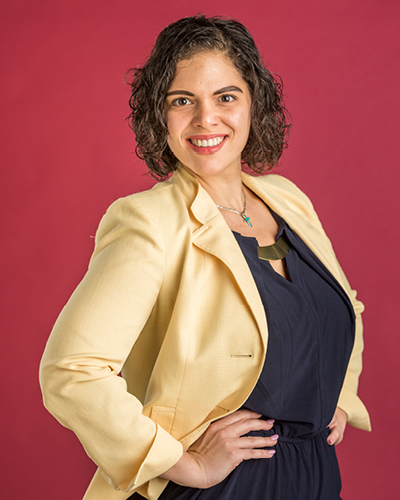
Kelly Elizabeth Wright
Kelly Elizabeth Wright is a candidate for the Ph.D in linguistics with a concentration in experimental sociolinguistics at the University of Michigan. Her research focuses on linguistic discrimination and its operation within our neuolinguistic system and across public institutions. Wright has been recognized as a Mellon Fellow in Publicly Engaged Humanities, and received the Rackham Graduate School Scholar-Activist award for her work on linguistic discrimination in the housing market. Wright received a bachelor of arts in English literature from Maryville College and a master’s degree in linguistic theory and typology from the University of Kentucky, where she was a Royster Scholar. She continued to work fervently for language equality when she joined the University of Michigan by spearheading Language Matters, U-M’s Linguistic Diversity Initiative. Today, she applies mixed-methodologies—including neuroscience, ethnography, and machine learning—to understand the operation of dangerous language ideologies in the brain and in the world. Wright is a prolific public scholar, sharing widely her research about language discrimination and co-creating institutional solutions with international audiences and organizations. Ultimately, Wright aspires to be a lifelong educator, both in the classroom and by helping to unpack language stereotypes for various publics.
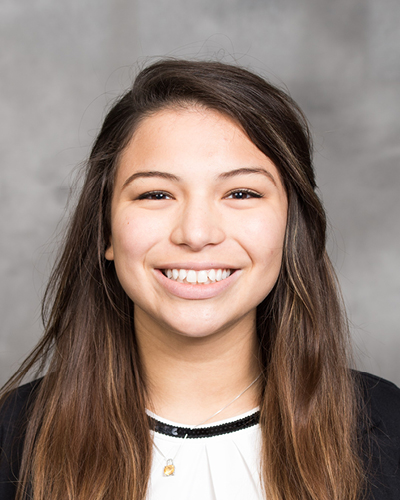
Marissa M. Salazar
Marissa M. Salazar is a candidate for the Ph.D. in psychology in the area of personality and social contexts at the University of Michigan. She investigates how white college students construct their conceptualizations of white allyship and which factors influence these conceptualizations. Salazar has been dedicated to promoting white college students’ involvement in antiracism since she was in college, where she created and led large-scale race awareness events and served as chair for an ad-hoc committee formed to respond to on-campus racist incidences through educational programming. In recent years, she has shifted to research dissemination and antiracist education. Within her research, she discovered common challenges white students were facing within their allyship, such as having difficult dialogues with loved ones. Driven by these findings, she created the workshop, “Beyond Tolerance: Strengthening Your White Allyship,” which addresses these common challenges. She hosts this workshop for students, faculty, or staff at various universities across the United States. Her resource packet on white allyship has also been widely distributed to several universities and used within college classrooms and centers for teaching and learning. Additionally, Salazar currently works within a curriculum development role, where she incorporates social justice research and spotlights scholars of color in an introductory psychology course, which is largely taken by students who might not otherwise have exposure to these critical topics within their typical coursework. Salazar is committed to the values of diversity, equity, and inclusion, and looks forward to dedicating her professional and personal life to antiracist teaching and research.
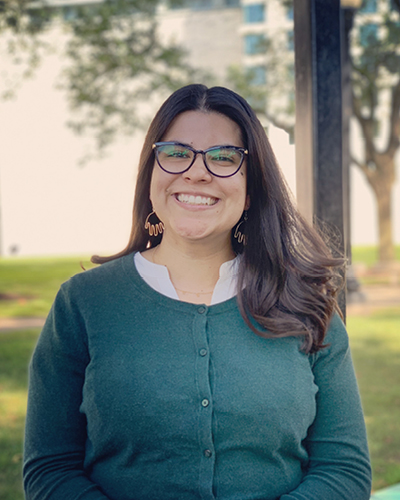
Maira A. Areguin
Maira A. Areguin is a candidate for the joint Ph.D. in women’s and gender studies and psychology at the University of Michigan. Her research focuses on workplace mistreatment among vulnerable populations, with a focus on Latinx farmworkers in the United States. Maira has been recognized as a Rackham Merit Fellow and an Engaged Pedagogy Initiative Fellow. She has been awarded the President’s Advisory Committee for Labor Standards and Human Rights Graduate Student Summer Internship Travel Award to conduct interviews with Latina farmworkers in the Central Valley of California. Recently, her article “Reaping More Than What They Sow: A Critical Race Perspective on Environmental Microaggressions Toward Latinx Farmworkers” was published in the journal, Social Psychological and Personality Science. Maira strives to use the skills she learns in academia to help her community and has done so by gathering the Latinx Student Psychological Association and leading a research-a-thon—where the group created summaries of research that attorneys at the local Farmworker Legal Services could use in creating their case against an exploitative farm owner in Michigan. Maira’s goal is to use her interdisciplinary research to advance community-based socio-psychological research with marginalized communities, like farmworkers.
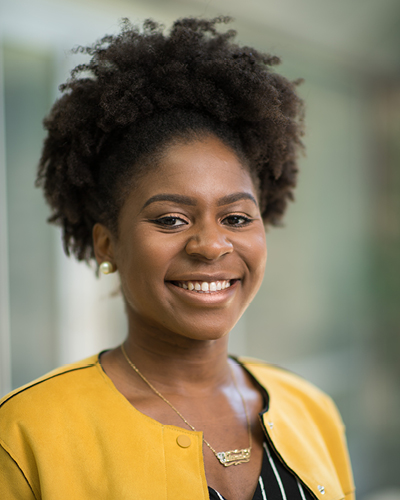
Chiamaka U. Ukachukwu
Chiamaka U Ukachukwu is a candidate for the Ph.D. in pharmacology, specializing in cardiovascular electrophysiology, at the University of Michigan. Her thesis focuses on identifying new treatments for diseases of cardiac excitability, such as Long QT Syndrome (LQTS), which increases the risk for arrhythmia (irregular heartbeat) and sudden cardiac death. She holds an M.S. in molecular, cellular, and developmental biology from U-M and a B.S. in biochemistry and minor in French from the Georgia Institute of Technology. She was the recipient of a Fulbright Research Grant and a Belgian American Educational Foundation Fellowship to the de Duve Institute in Brussels, Belgium, where she investigated mechanisms of antibiotic resistance to prevent deaths caused by bacterial infections worldwide. She serves as a Fulbright Alumni Ambassador and is the founder of Fulbright Noir, an organization committed to supporting and highlighting the work of black Fulbrighters and increasing representation in the Fulbright Program. Chiamaka has held numerous leadership roles at U-M, including: president of the African Graduate Students Association, co-president of Females Excelling More in Math, Engineering, and the Sciences (F.E.M.M.E.S), executive board member of the African Studies Center, and representative of the Program in Biomedical Sciences Diversity, Equity, and Inclusion (DEI) taskforce. Chiamaka is an outspoken and fierce advocate for DEI and views her presence as a Black woman in STEM as a powerful avenue to improve her communities. Ultimately, she aspires to pursue a career that merges her love for international exchange, promoting global health, and science.

